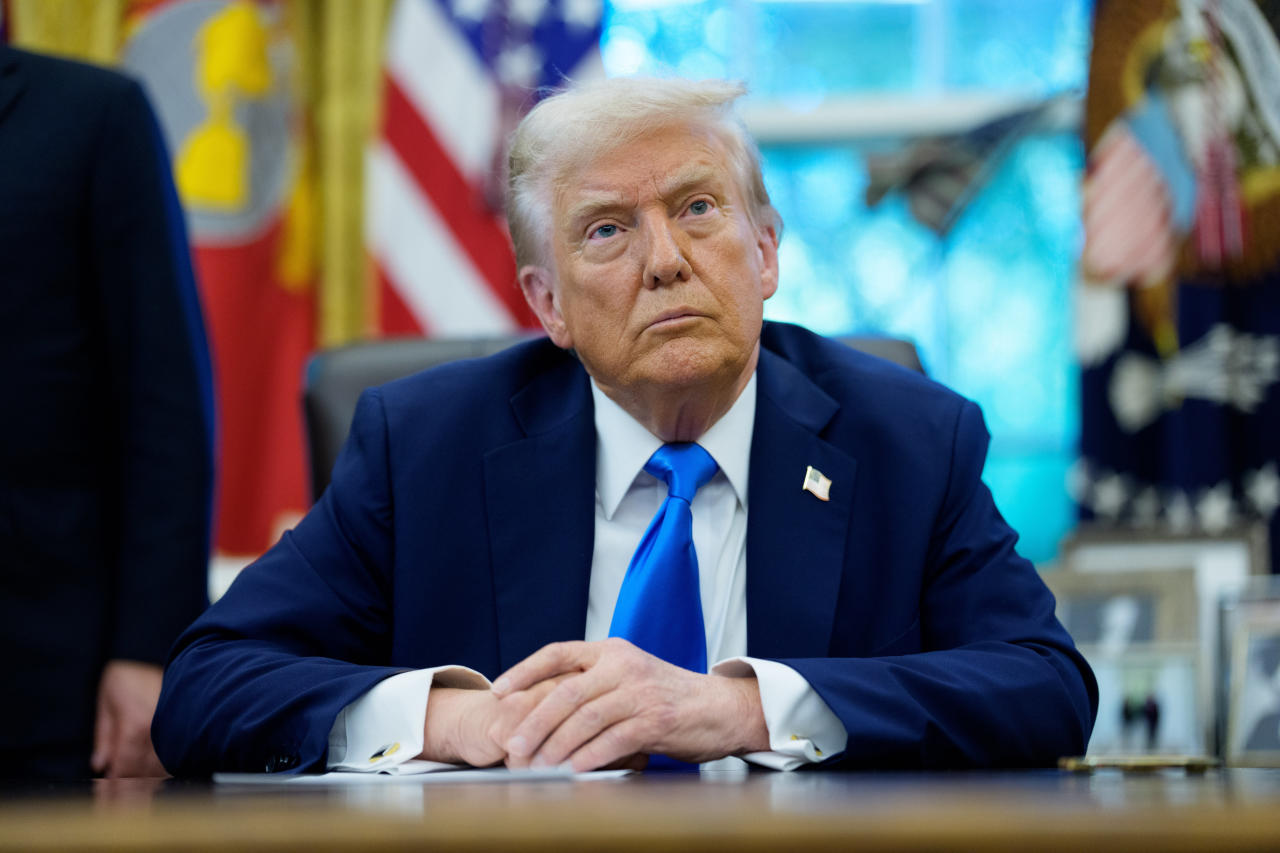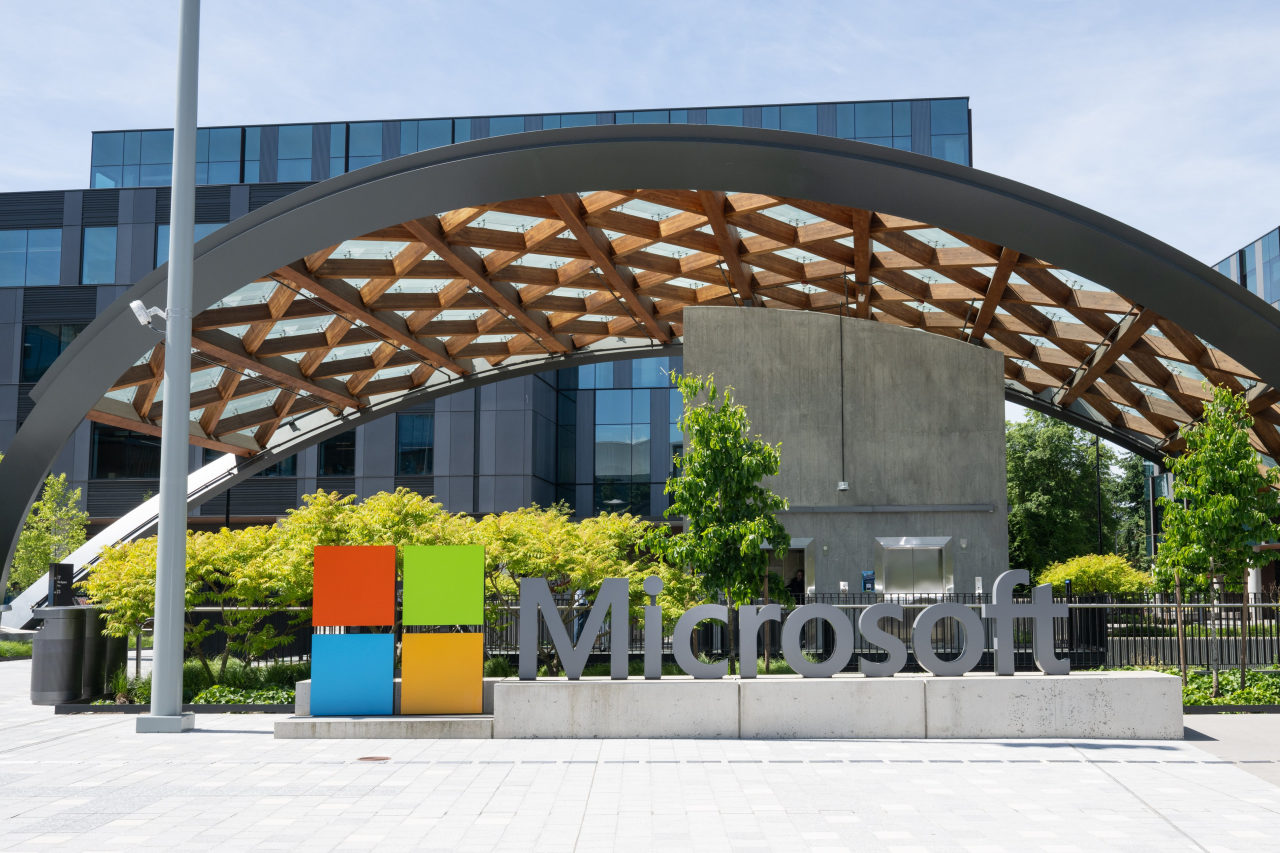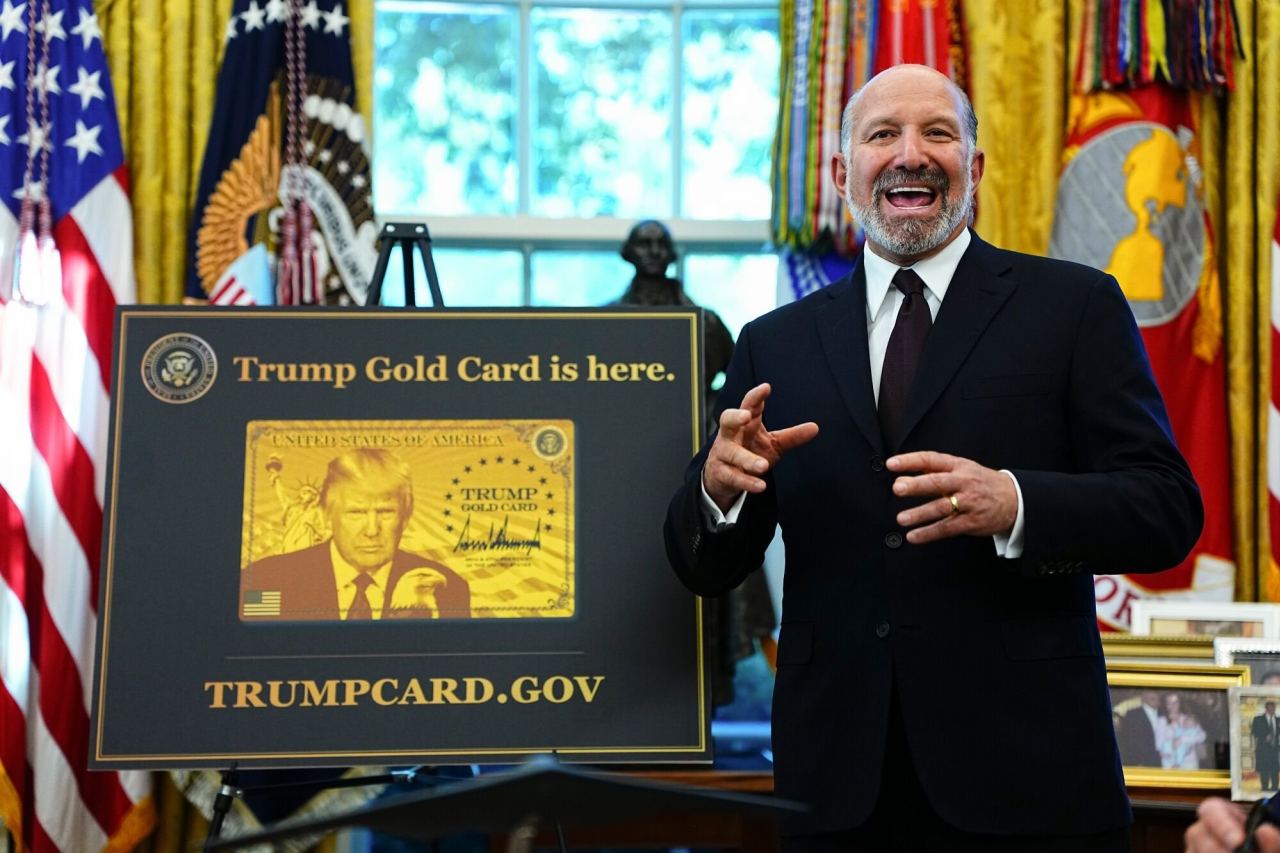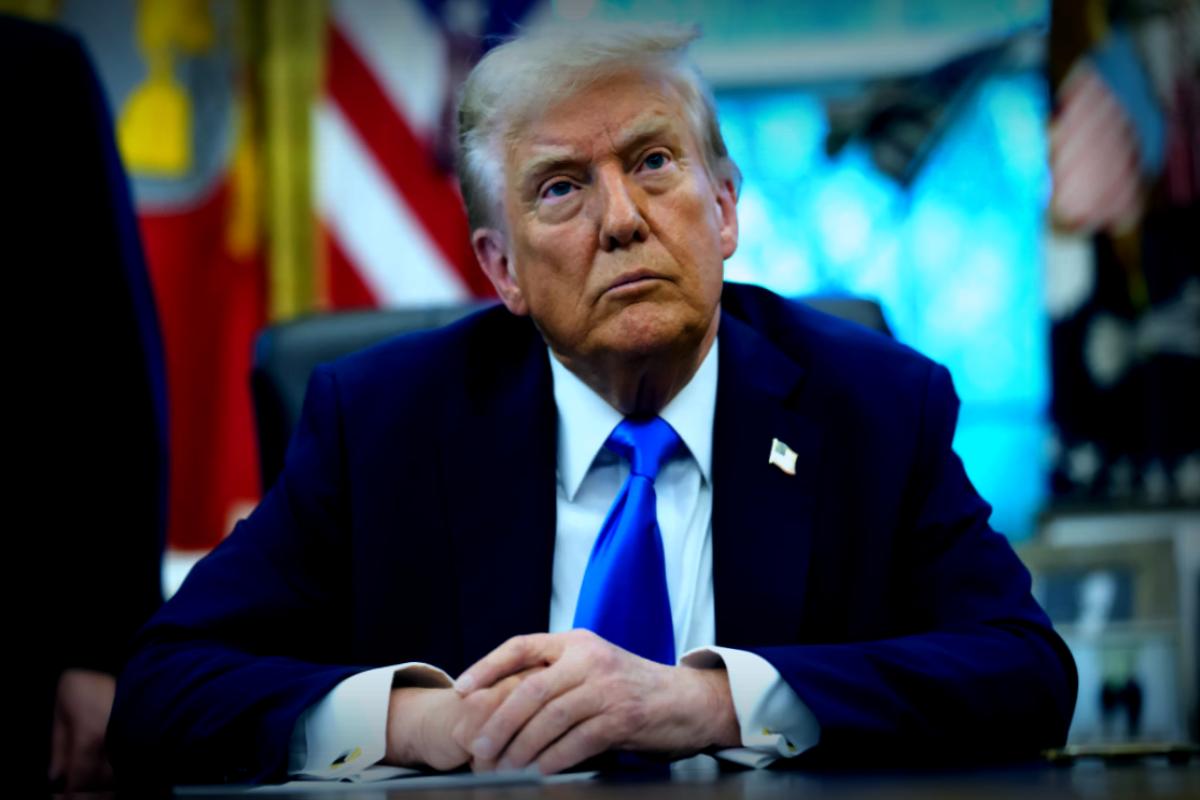
This weekend has been nothing short of chaotic as businesses scrambled to adapt to significant shifts in immigration rules introduced by the Trump administration. With a crucial deadline looming on Sunday, both workers and employers felt a surge of anxiety.
The friday announcement about the introduction of a hefty $100,000 fee for new H-1B visa applications starting at 12:01 a.m. ET on Sunday caught many within corporate America unawares, triggering a swift and urgent reaction.
Companies like Amazon, Google (part of Alphabet), and Microsoft cautioned H-1B holders against traveling abroad, stressing the importance of their immediate return to the U.S. Many firms expressed worries about the steep fees they might have to pay due to their large number of employees on such visas.
HR teams swiftly organized, creating lists of employees and gauging their locations to assist with flight bookings where necessary. Immigration attorneys jumped in, sending out information to companies and visa-holders in an attempt to mitigate the turmoil, although clarity was often hard to come by.
In response to mounting stress, the White House intervened on Saturday, clarifying that current visa holders wouldn’t be impacted by the new rules and reaffirmed they could still travel in and out of the U.S. According to White House Press Secretary Karoline Leavitt, the $100,000 fee is a one-time payment related exclusively to new visa applications.
This astonishment marked a whirlwind 24 hours. Shanon R. Stevenson, co-chair of Fisher Phillips’ immigration practice group, said there was no prior warning about the announcement, leading to a catastrophic situation for many clients ranging from healthcare to manufacturing. “The impact has been quite drastic,” he commented.

Recognizing the urgency, tech-services company Cognizant pushed H-1B staff who were abroad to return quickly, while Microsoft advised employees in the U.S. to stay put for the time being.
While Google and Microsoft chose not to comment, Amazon had no immediate response. Nonetheless, Cognizant representatives noted that over recent years, they had been reducing reliance on visas and bolstering local talent acquisition.
One client represented by Hiba Anver of Erickson Immigration Group had been overseas and faced considerable challenges in securing a return flight just as concerns escalated regarding re-entering the country after the announcement.
Trips were thrown into turmoil, as social media posts showcased passengers being pulled from meetings to board flights. Some were attempting complicated travel routes through Abu Dhabi to pass through U.S. immigration before landing in America, while others opted to cancel their trips entirely.
Efforts to track down H-1B employees outside the country intensified, with HR staff devising elaborate plans to ensure their return. A White House official reiterated that the new fee applies only to first-time visa applications, exempting renewals and the existing visa holders.
As expectations rose, the administration clarified points through memos released by U.S. Citizenship and Immigration Services and Customs and Border Protection confirming that existing H-1B visa holders are unaffected.
Reflecting the administration’s focus, White House representative Taylor Rogers stated, “President Trump pledged to prioritize American workers, and this sensible step discourages companies from misusing the system and lowering wage standards.”

In the Oval Office announcement, President Trump and Commerce Secretary Lutnick expressed supposition that many companies’ leaders would support this initiative. Lutnick remarked, “All major players are on board.” When asked about existing visa holders, he seemed uncertain. “We need to consider if that worker’s valuable enough to warrant a $100,000 fee, or if they’re better off hiring an American instead,” he suggested.
For many H-1B workers, finally securing a visa feels monumental, marking an end to a long and complex journey rife with paperwork and costs. However, the newly announced rules have led some individuals to characterise it as a de facto travel restriction.
One anonymous worker expressed concerns given that their H-1B status won’t be activated for weeks. Despite the White House’s attempts at reassurance, they remain hesitant to visit family, especially since their mother faces health issues. The fear of choosing between career commitments and family emergencies weighs heavily on them.
Many immigration experts predict that this new policy indicates potential upcoming changes for H-1B visa recipients. Shanon R. Stevenson remarked, “We believe this is only the beginning of a prolonged assault on the H-1B program from the government.”
Contact Chip Cutter at chip.cutter@wsj.com, Amrith Ramkumar at amrith.ramkumar@wsj.com, and Ray A. Smith at Ray.Smith@wsj.com




















